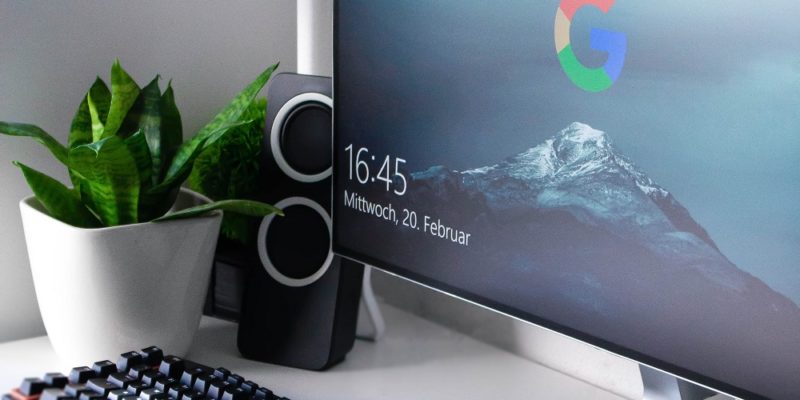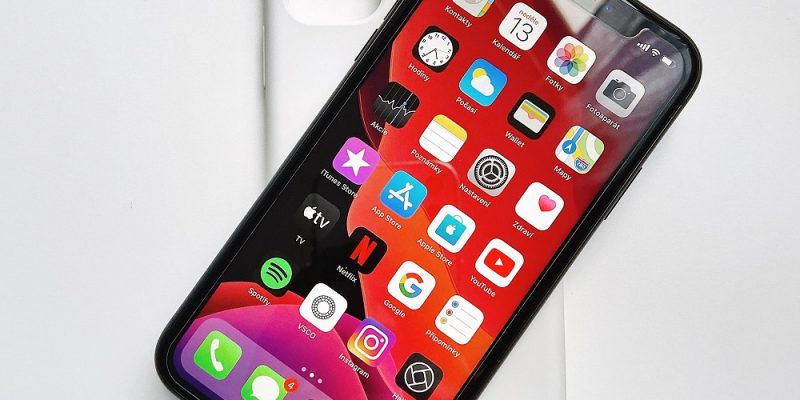 Security researchers targeted by North Korean hackers
Security researchers targeted by North Korean hackers
Over the past few months, hackers have been trying to surreptitiously backdoor the computer systems of a number of security researchers working on vulnerability research and development at different companies and organizations, the Google Threat Analysis Group (TAG) has revealed on Monday. The hackers’ tactics The hackers, who Google TAG believes are backed by the…








